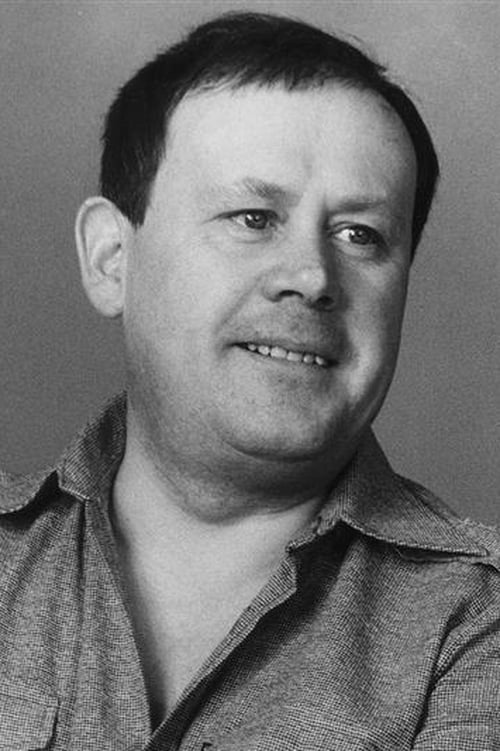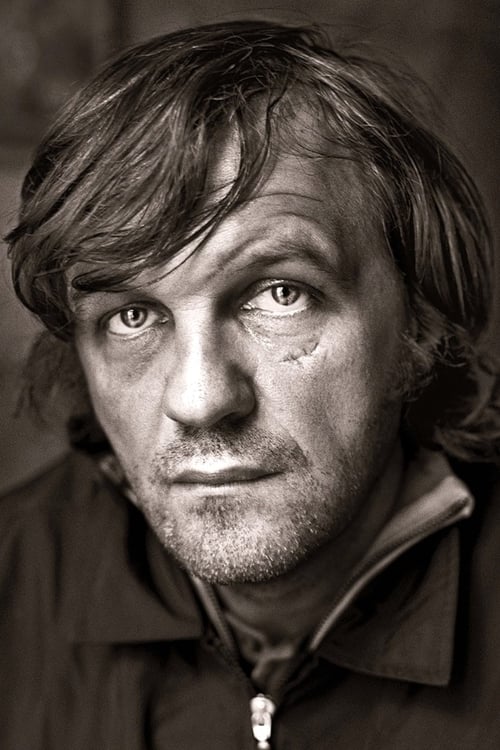Guernica (1978)
Género : Drama
Tiempo de ejecución : 17M
Director : Emir Kusturica
Escritor : Pavel Sýkora, Emir Kusturica
Sinopsis
The initiation of a young Jewish child into Guernica's world.
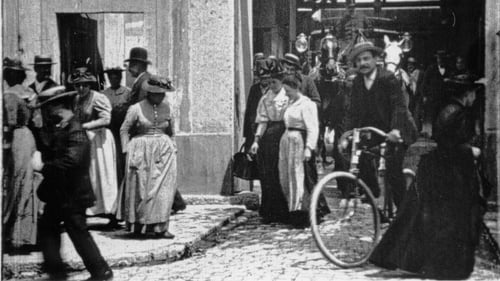
El argumento de esta obra lo desvela el propio título: el film consiste en un sólo plano de los trabajadores de la fábrica Lumière saliendo de la misma tras concluir su jornada laboral. Su importancia en la historia del cine es capital, puesto que se trata de la primera película que fue proyectada comercialmente para un público. (FILMAFFINITY)
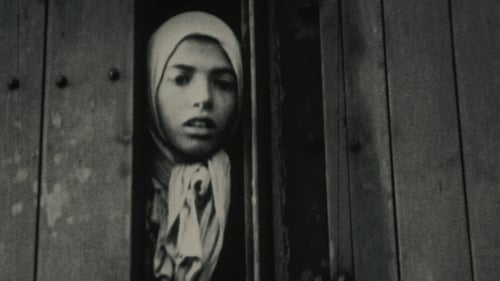
Doce años después de la Liberación y del descubrimiento de los campos de concentración nazis, Alain Resnais entra en el desierto y siniestro campo de Auschwitz. Lentos travellings en color sobre la arquitectura despoblada, donde la hierba crece de nuevo, alternan con imágenes de archivo (en blanco y negro, rodadas en 1944) que reconstruyen la inimaginable tragedia que sufrieron los prisioneros así como las causas y las consecuencias de esa tragedia: desde el advenimiento del nazismo y la deportación de los judíos hasta el juicio de Nuremberg.
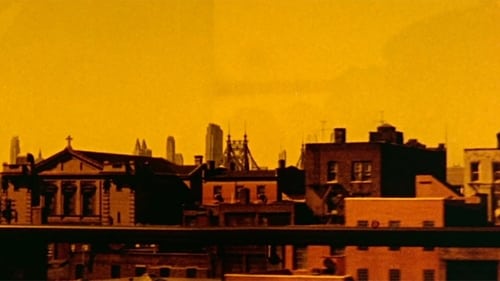
Brioso corto documental sobre el amanecer neoyorquino, visto desde un tren. Con un dinámico montaje, y a ritmo de jazz, se ofrece un asombroso y colorido puzzle de imágenes; cuadros maravillosos, de subyugante belleza, que recuerdan a las imágenes azarosas que se forman caprichosamente en un caleidoscopio.
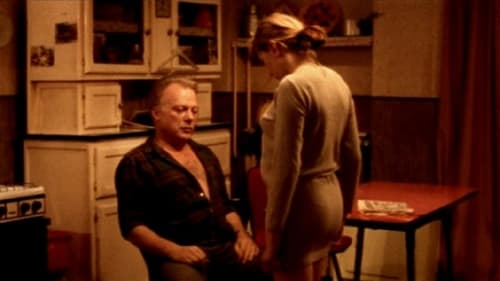
Historia de un carnicero de carne de caballos francés que queda encargado de velar por su hija, una joven que sufre de autismo, cuyas vidas siguen una rutina monótona aparentemente infinita.

A young man journeys through a desert, where he is kidnapped by a sadistic stranger clad in a pig mask. The stranger proceeds to brutally torture the young man, who then finds himself escaping into his imagination, with fantasy and reality intersecting.
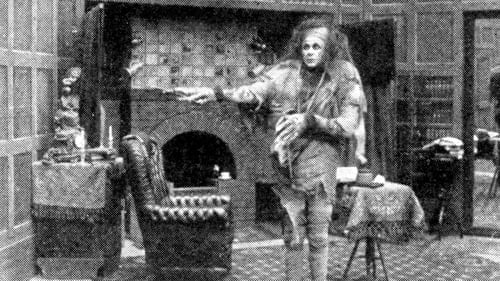
Frankenstein, un joven médico, trata de crear al ser humano perfecto y, sin intención, termina creando un monstruo. Primera versión cinematográfica de la novela de Mary Shelley.
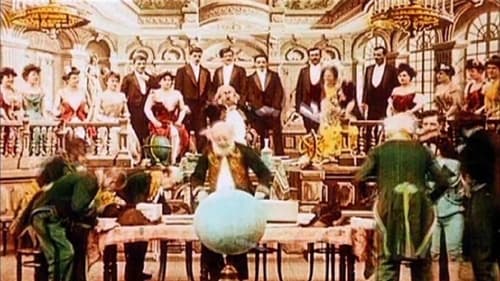
Using every known means of transportation, several savants from the Geographic Society undertake a journey through the Alps to the Sun which finishes under the sea.

Heather trabaja en un centro telefónico de emergencias. Cuando recibe la llamada de un hombre misterioso no sabe que ese encuentro telefónico va a cambiar su vida para siempre.

An unspoken incident unravels the lives of two families into nightmare, fracturing time and memory.

The Journey of Roy, a 17-year-old Israeli teenager, trying to win the affection of a girl from his class while they both travel in Poland with their school between Holocaust memorials and death camps.
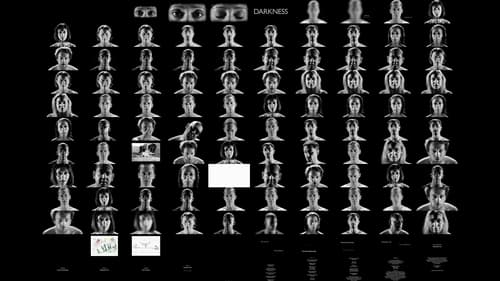
A unique story told by nine different actors which explores the haunting of a conscience by lost souls that won't let go.

In order to demonstrate how to haunt a house, the narrator arranges for Goofy to temporarily be "not living" and selects Donald Duck to be the one whom Goofy's ghost will haunt.

Sofía, a little girl of seven, remembers the day she fractured her arm while being chased through the forest; a story full of fantasy that hides a heart rending moment in Sofía's life.

Por una parte, un tren que viaja de noche sin detenerse en ninguna parada. Por otra, varias personas que esperan en la estación se han quedado dormidas. El tren y la gente se cruzan pero nadie parece inmutarse.

La Costa da Morte era considerada en tiempos de los romanos el fin del mundo. Su nombre viene de los trágicos naufragios que han tenido lugar en esta rocosa y tormentosa región de abundantes nieblas. La cámara explora la zona, centrándose en los pescadores y trabajadores que habitan allí. Refleja la relación adversa que tienen con los elementos, examinando el misterio que ata a un pueblo a su tierra, su historia y sus leyendas. (FILMAFFINITY)

Nulepsy: the pathological need to be nude. An elderly man recounts his life story characterised by the rare, exceptional and inconvenient disease he suffers from.

Kinkón (1971), a silent adaptation of Merian C. Cooper and Ernest B. Schoedsack’s 1933 classic, King Kong. Zulueta re-filmed a television broadcast of the original, and through creative subtraction and manipulation of camera speed, condensed the original’s feature length to an intensified seven minutes. The cathode-ray flicker and flattening that results from the re-filming defamiliarises the original, but its classical continuity mode of address continues to operate on the viewer, and the increase in velocity makes mesmerisingly urgent the dramatic plot of the original. —Senses of Cinema

Filmed before his feature-length Arrebato, Zulueta’s Frank Stein is a personal reading of horror cult classic Frankenstein (1931), filmed directly from its television broadcast and reducing Whale’s original to only three packed and dizzying minutes, during which the film's sensitive monster evolves at an unusual rate.

The 1975 Super-8 short Aquarium is Zulueta’s first available incursion into the psychodrama—in which the filmmaker dramatises a disturbed state of consciousness—in which appear lyrical passages of the kind that will be made by the fictional experimental filmmaker played by Will More in Zulueta’s 1980 feature Arrebato. (Senses of Cinema)


